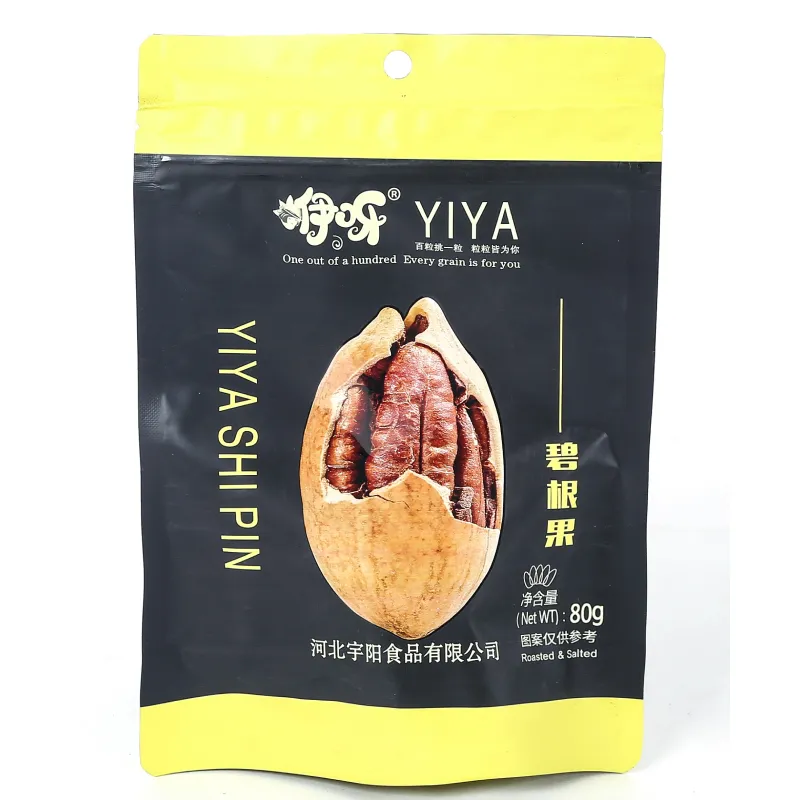-
 Afrikaans
Afrikaans -
 Albanian
Albanian -
 Amharic
Amharic -
 Arabic
Arabic -
 Armenian
Armenian -
 Azerbaijani
Azerbaijani -
 Basque
Basque -
 Belarusian
Belarusian -
 Bengali
Bengali -
 Bosnian
Bosnian -
 Bulgarian
Bulgarian -
 Catalan
Catalan -
 Cebuano
Cebuano -
 Corsican
Corsican -
 Croatian
Croatian -
 Czech
Czech -
 Danish
Danish -
 Dutch
Dutch -
 English
English -
 Esperanto
Esperanto -
 Estonian
Estonian -
 Finnish
Finnish -
 French
French -
 Frisian
Frisian -
 Galician
Galician -
 Georgian
Georgian -
 German
German -
 Greek
Greek -
 Gujarati
Gujarati -
 Haitian Creole
Haitian Creole -
 hausa
hausa -
 hawaiian
hawaiian -
 Hebrew
Hebrew -
 Hindi
Hindi -
 Miao
Miao -
 Hungarian
Hungarian -
 Icelandic
Icelandic -
 igbo
igbo -
 Indonesian
Indonesian -
 irish
irish -
 Italian
Italian -
 Japanese
Japanese -
 Javanese
Javanese -
 Kannada
Kannada -
 kazakh
kazakh -
 Khmer
Khmer -
 Rwandese
Rwandese -
 Korean
Korean -
 Kurdish
Kurdish -
 Kyrgyz
Kyrgyz -
 Lao
Lao -
 Latin
Latin -
 Latvian
Latvian -
 Lithuanian
Lithuanian -
 Luxembourgish
Luxembourgish -
 Macedonian
Macedonian -
 Malgashi
Malgashi -
 Malay
Malay -
 Malayalam
Malayalam -
 Maltese
Maltese -
 Maori
Maori -
 Marathi
Marathi -
 Mongolian
Mongolian -
 Myanmar
Myanmar -
 Nepali
Nepali -
 Norwegian
Norwegian -
 Norwegian
Norwegian -
 Occitan
Occitan -
 Pashto
Pashto -
 Persian
Persian -
 Polish
Polish -
 Portuguese
Portuguese -
 Punjabi
Punjabi -
 Romanian
Romanian -
 Russian
Russian -
 Samoan
Samoan -
 Scottish Gaelic
Scottish Gaelic -
 Serbian
Serbian -
 Sesotho
Sesotho -
 Shona
Shona -
 Sindhi
Sindhi -
 Sinhala
Sinhala -
 Slovak
Slovak -
 Slovenian
Slovenian -
 Somali
Somali -
 Spanish
Spanish -
 Sundanese
Sundanese -
 Swahili
Swahili -
 Swedish
Swedish -
 Tagalog
Tagalog -
 Tajik
Tajik -
 Tamil
Tamil -
 Tatar
Tatar -
 Telugu
Telugu -
 Thai
Thai -
 Turkish
Turkish -
 Turkmen
Turkmen -
 Ukrainian
Ukrainian -
 Urdu
Urdu -
 Uighur
Uighur -
 Uzbek
Uzbek -
 Vietnamese
Vietnamese -
 Welsh
Welsh -
 Bantu
Bantu -
 Yiddish
Yiddish -
 Yoruba
Yoruba -
 Zulu
Zulu
Aug . 19, 2024 14:25 Back to list
Roasted Salted Sunflower Seeds Production at Our Factory
The Journey of Roasted and Salted Sunflower Seeds From Factory to Snack
Sunflower seeds have become a popular snack worldwide, enjoyed for their delightful taste and nutritional benefits. Among the myriad varieties available, roasted and salted sunflower seeds stand out as a favorite, providing a perfect combination of crunch and flavor. This article delves into the fascinating process of how these delectable treats are made, focusing on factories dedicated to producing high-quality roasted and salted sunflower seeds.
Sourcing the Sunflower Seeds
The journey begins at the sunflower farms, where high-quality sunflower seeds are harvested. Sunflowers thrive in warm, sunny climates, and the seeds are usually harvested in late summer or early fall. Once harvested, these seeds are transported to processing facilities, where they undergo rigorous quality checks to ensure only the best seeds are selected for roasting. Sourcing local seeds not only supports local agriculture but also ensures freshness, which is crucial for flavor.
The Roasting Process
Once the seeds reach the factory, they are cleaned to remove any impurities such as dirt, debris, or unwanted seeds. Following this, the roasting process begins. Roasting is a vital step that enhances the flavor and texture of the seeds. In most factories, seeds are spread evenly on trays and then roasted in large ovens or roasters at controlled temperatures. This process can take anywhere from 20 to 30 minutes, depending on the desired roast level—light, medium, or dark.
The Maillard reaction occurs during roasting, leading to the development of rich flavors and a golden-brown color. The precise control of time and temperature is crucial, as over-roasting can impart a bitter taste, while under-roasting may result in insufficient flavor. Experienced workers monitor the process closely to achieve the perfect roast.
sunflower seeds roasted salted factory

Salting the Seeds
After roasting, the sunflower seeds are cooled down to halt the cooking process. This cooling phase is important because hot seeds can continue to cook and may end up over-roasted if not carefully managed. Once cooled, the seeds are ready to be salted. Salting not only enhances the flavor but also helps in preserving the seeds. In many factories, machines uniformly coat the seeds with a mixture of salt and sometimes other flavoring agents. The right balance of salt is essential; too little may make the seeds bland, while too much can overwhelm the natural flavor.
Quality Control and Packaging
Before the roasted and salted sunflower seeds are packaged, they undergo stringent quality control checks. Factory workers inspect the seeds for uniformity in size, flavor, and appearance. This step ensures that consumers receive a consistent product every time. Once the seeds pass inspection, they are packaged in air-tight bags to maintain freshness and flavor during shipping and distribution. Many factories also focus on sustainable packaging to reduce their environmental impact.
Conclusion
The production of roasted and salted sunflower seeds is a meticulous process that transforms simple seeds into a globally loved snack. From the farms where they are grown to the factories where they are processed, every step is crucial in ensuring that the final product is delicious and satisfying. As consumers increasingly seek healthy snacking options, the demand for roasted and salted sunflower seeds continues to grow, highlighting the importance of factories that produce these tasty treats. Whether enjoyed at a sports game, during a movie night, or as a nutritious snack on the go, roasted and salted sunflower seeds are here to stay, bringing joy to snack lovers everywhere.
-
Premium Biscuits: Luxury Packaging & Exquisite Taste
NewsJul.31,2025
-
Bulk Sunflower Seeds Exporter | Buy Wholesale Today
NewsJul.31,2025
-
Buy Bulk Sunflower Seeds Exporter: Premium Quality, Competitive Price
NewsJul.30,2025
-
Premium Macadamia Nuts - Fresh, Crunchy & Healthy Snack Choice
NewsJul.30,2025
-
Premium Biscuits Packaging – Elegant, Durable & Customizable Solutions
NewsJul.29,2025
-
Top Banana Flavor Sunflower Seeds Exporter - Factory Direct Supply
NewsJul.29,2025
